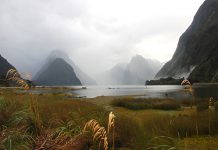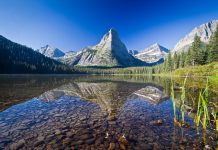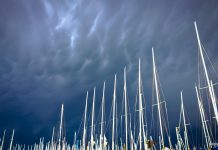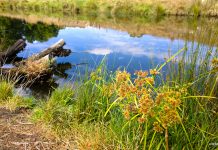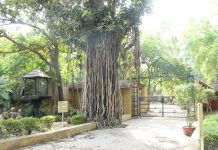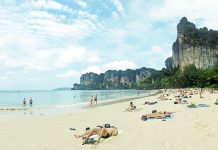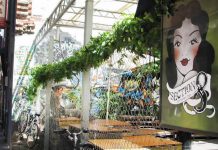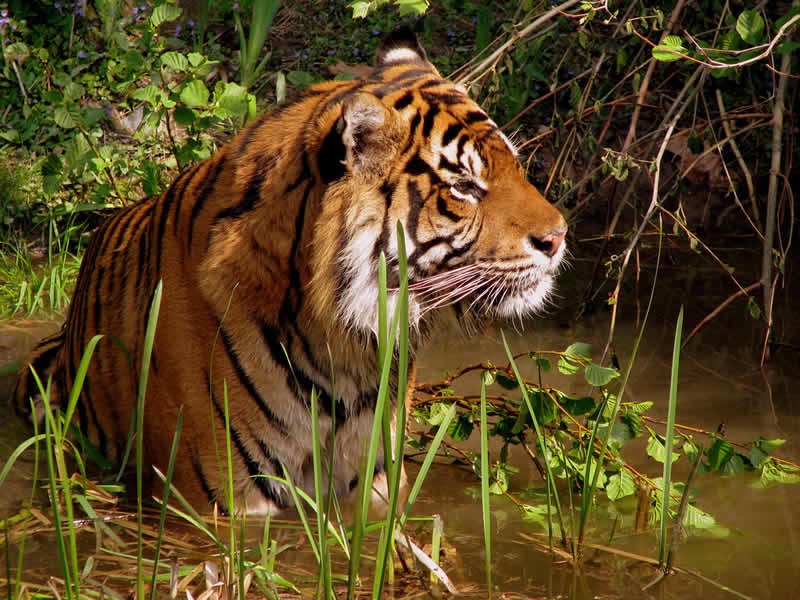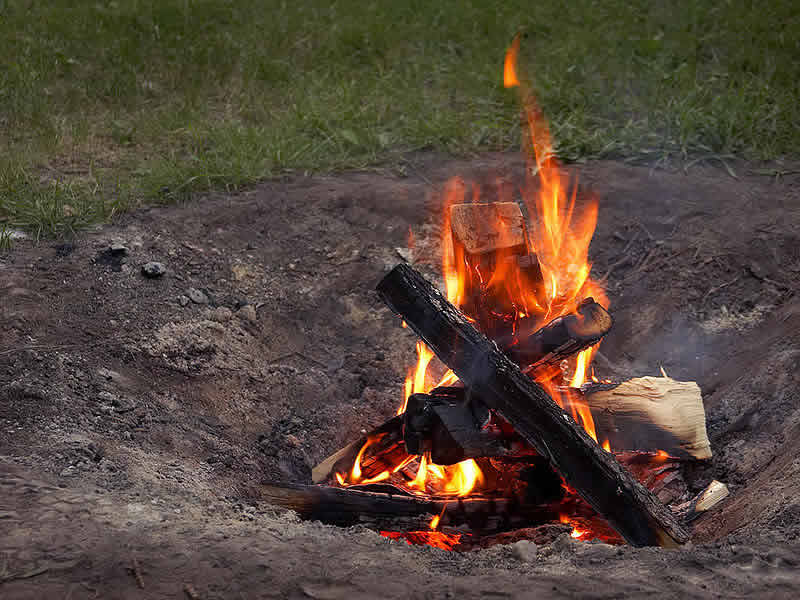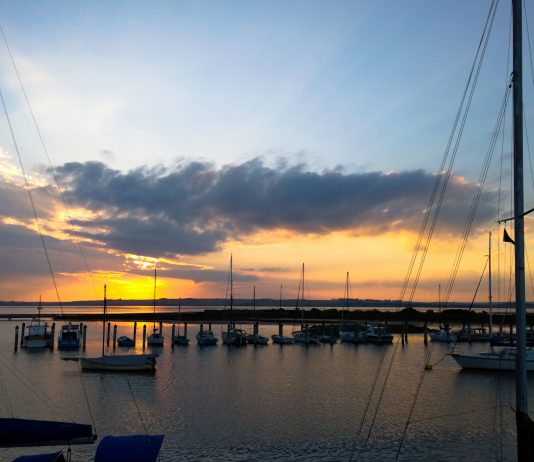Camping is an exiting experience and brings humans closer to nature. Especially for children, as it is a very nice experience during which they will have fun and learn many things. In fact it is possible to organise outdoor activities and games to make it even more fun for children. That’s why parents let their kids join scout associations, which are known to be camp-friendly. However camping is not only about fun, as it is also about responsibility and awareness. In fact, it is important to be aware that dangers and risks are present in this kind of activity. Once you know what the possible dangers are you will be able to avoid them and to teach your child/children to do the same. Here are the most common dangers of camping and safety precautions to prevent them.
Firstly it is possible to come across wild animals – depending on the area where you are camping they could even be bears or wolves, for example. If this happens you should not provoke them as they usually only attack when provoked. Moreover you should be sure to have always with you a bear spray and communication devices such as a radio or mobile phone. To avoid and prevent it, be sure to choose a campsite free from wild animals and avoid leaving any food that could attract them out overnight.
Another possible danger comes from cooking and campfire accidents. Even if camping is possible without using fire, cooking food on a fire is certainly more attractive and many choose to tell stories around it. Therefore if you really want to use it you need to use specific precautions, such as ensuring that you put it out with water before you sleep at night or before you leave. Moreover it is important to choose an area free from trees, bushes or shrubs and also select a location that is not windy. It could be good idea not to camp too far from health care facilities. Furthermore it is necessary to wear cooking gloves to handle hot cooking equipment and always keep a bowl of water next to the cooking area. When possible bring your own portable stove as you will already know how to use it. You can’t forget to bring a first aid kit which includes a pot holder and an ointment in case of burn. When doing campfires be sure to contain them and not allow them to spread to nearby areas and to the tents.
Plants could be dangerous if they are poisonous. Be sure to know which plants are poisonous and how to avoid them. This could be a more difficult task if children are with you as they always jump around everywhere as soon as you take your eyes off them. If you or a child get exposed to one of these plants – the most common are sumac, oak and some kind of mushrooms – and you develop skin rashes, wash it as soon as you can with soap and hot water. In case of complications you should meet with a doctor.
The weather could be a source of dangers as well especially in winter time when it is freezing and snowing or if you camp in a dessert and are at risk from a sand storm. In summer time it could be difficult to handle the warmth, if it is extreme. Therefore it is important to choose the campsite also depending on the season and the weather as predicted by the forecast. Moreover, after checking forecast news, be sure to bring with you all tools, equipments, food and water that could be necessary in the face of an emergency.
If you are experiencing a new campsite or a new area you could unfortunately get lost. For that reason if you are alone it is very important to have communication device with you at all times. In case you are not alone, besides having a communication device, be sure that somebody (or yourself) knows the right directions. Another useful tool to keep with you is a GPS device which – if it is well functioning – will give you the right direction.
In conclusion, you can find a check list below:
- Always have communication devices and a GPS with you
- Bring enough water and food
- Know all procedures related to campfires properly
- Have a first aid emergency kit
- Know where healthy facilities are
- Avoid windy areas or zones with trees, bushes or shrubs
- Have an “animal-emergency-kit”
- Know which plants are poisonous
- Check the forecast and choose the campsite also depending on this and on the season
Photo by: Moni Sertel, Jon Sullivan, Noah Elhardt

